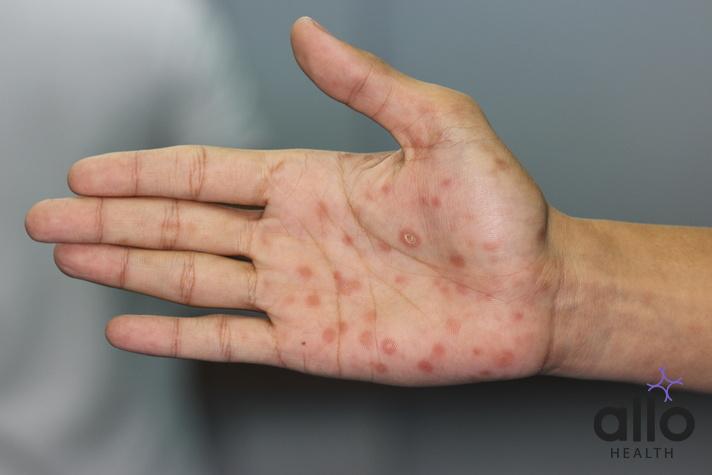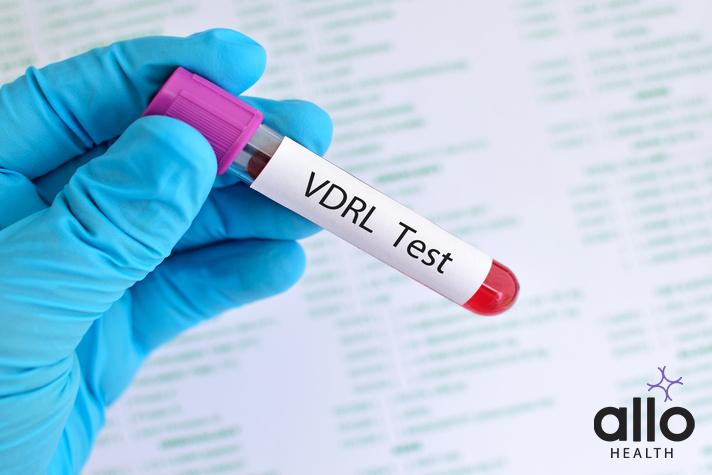Syphilis Treatment, Serological Tests, And Syphilis Monitoring

Syphilis, a sexually transmitted infection (STI) caused by the bacterium Treponema pallidum, can be tricky to manage and may take time to show negative results in serological tests like TP-PA (Treponema pallidum particle agglutination assay) or VDRL (Venereal Disease Research Laboratory test). It’s commendable that you’re actively seeking treatment and monitoring your health.
When it comes to the question of how long it takes for TP-PA or VDRL to become negative after treatment, it’s essential to understand a few factors that influence this process. The effectiveness of treatment, the stage of syphilis at diagnosis, and individual immune response all play roles in determining how quickly serological tests may become negative.
Firstly, treatment for syphilis typically involves antibiotics like penicillin or doxycycline. The number of doses and duration of treatment depend on the stage of syphilis and other individual factors. However, even after completing treatment, it’s common for serological tests to remain positive for some time. This doesn’t necessarily mean the infection persists; it may indicate the presence of antibodies produced by your immune system in response to the infection.

Secondly, the stage of syphilis at diagnosis is crucial. Early-stage syphilis, such as primary or secondary syphilis, often shows quicker resolution in serological tests compared to late-stage syphilis. In early stages, the immune response is more robust, aiding in faster clearance of the bacteria and subsequent decline in serological titers.
Lastly, individual immune response varies, influencing how quickly serological tests may become negative. Some individuals may clear the infection and seroconvert (change from positive to negative) sooner than others due to differences in immune system function.
Given your current status of TP-PA at 640 and VDRL at 1:2, it’s essential to continue follow-up with your healthcare provider for monitoring. They can assess your progress, adjust treatment if necessary, and provide guidance based on your specific situation. While there’s no definitive timeline for when serological tests will become negative, consistent treatment and monitoring are key to managing syphilis effectively.

Remember, communication with your healthcare provider is crucial throughout this process. They can address any concerns you may have, provide accurate information, and guide you towards optimal health outcomes.
After treatment for syphilis, the time it takes for serological tests to become negative varies based on factors like the stage of syphilis and individual immune response.



